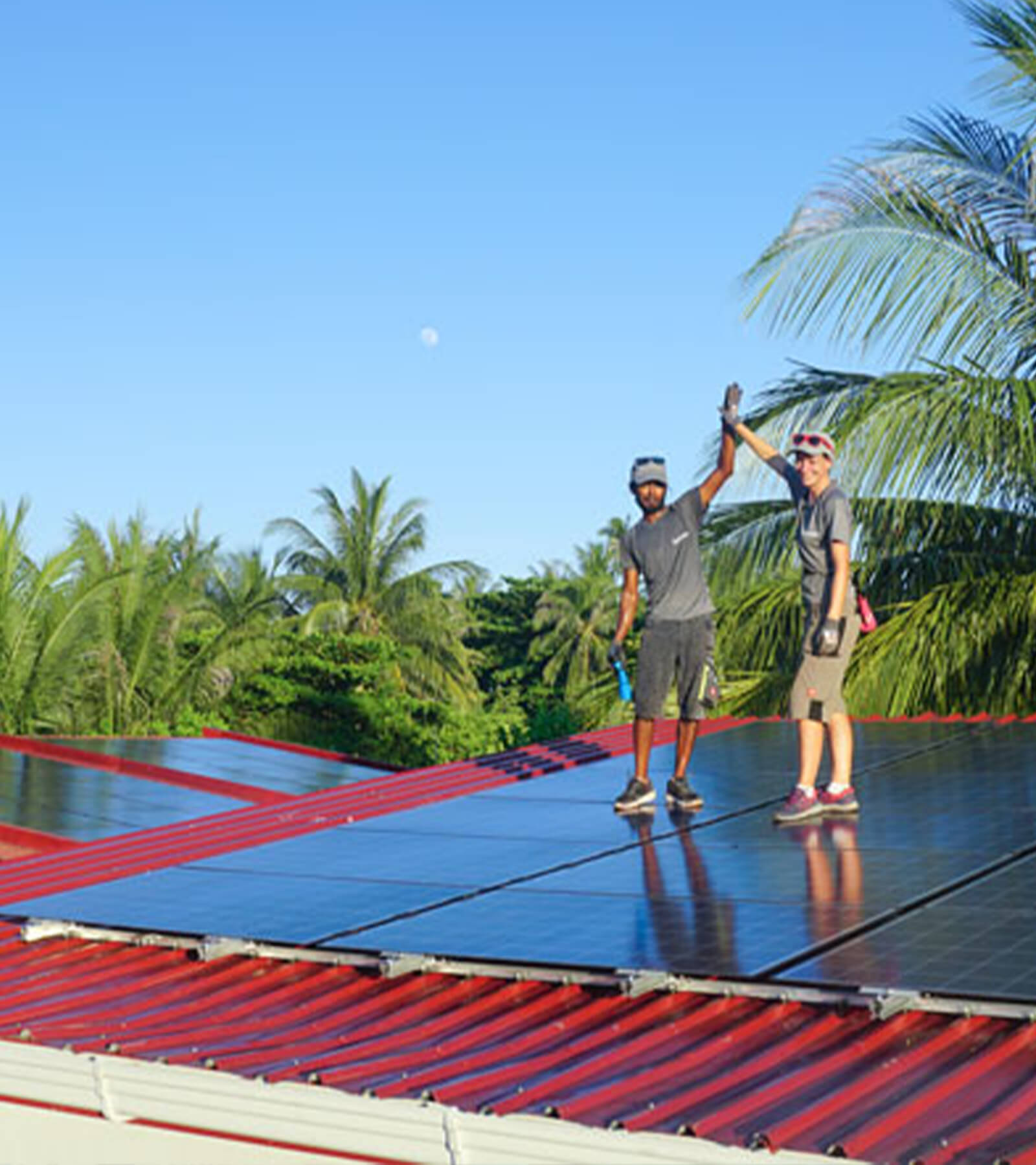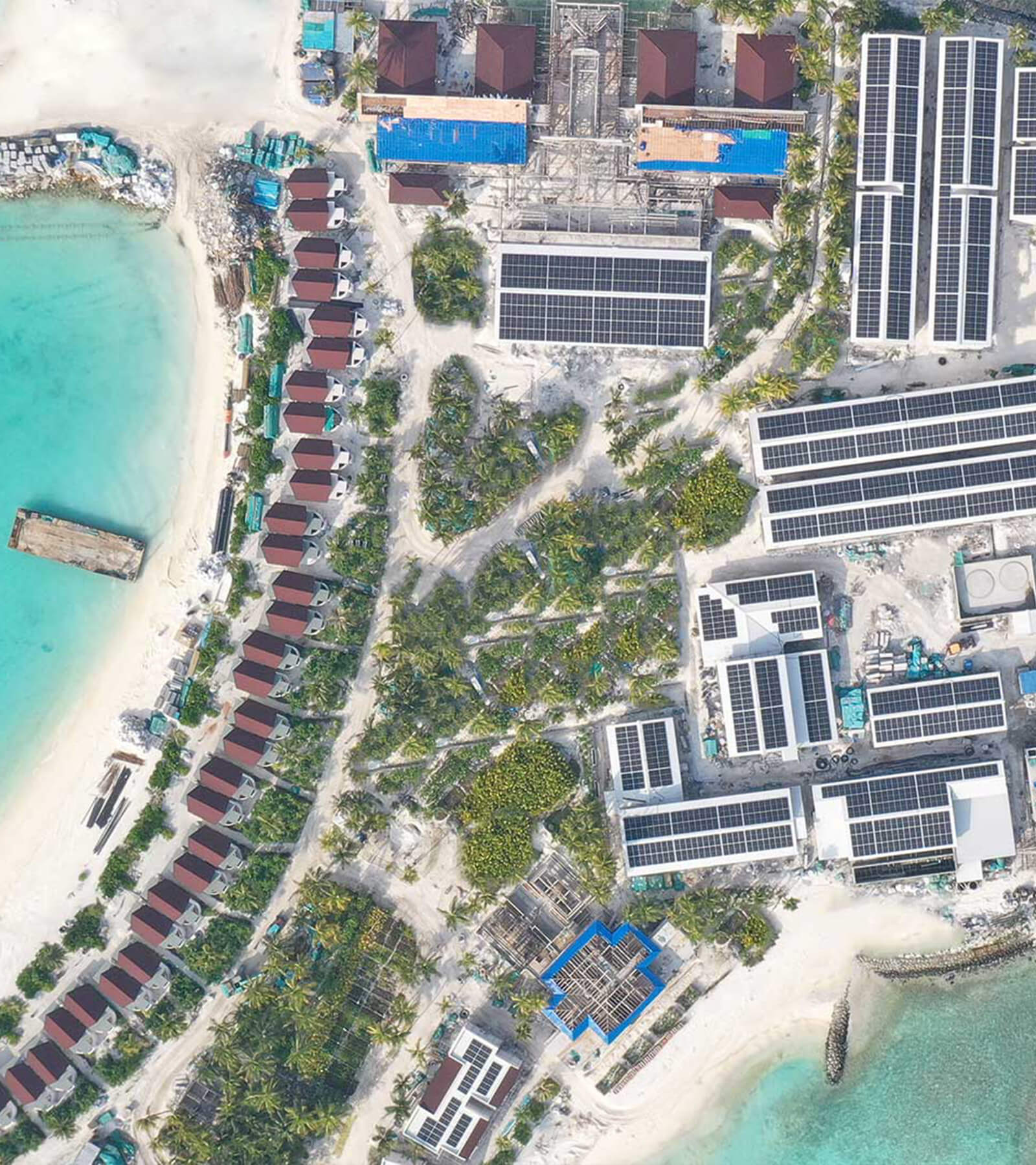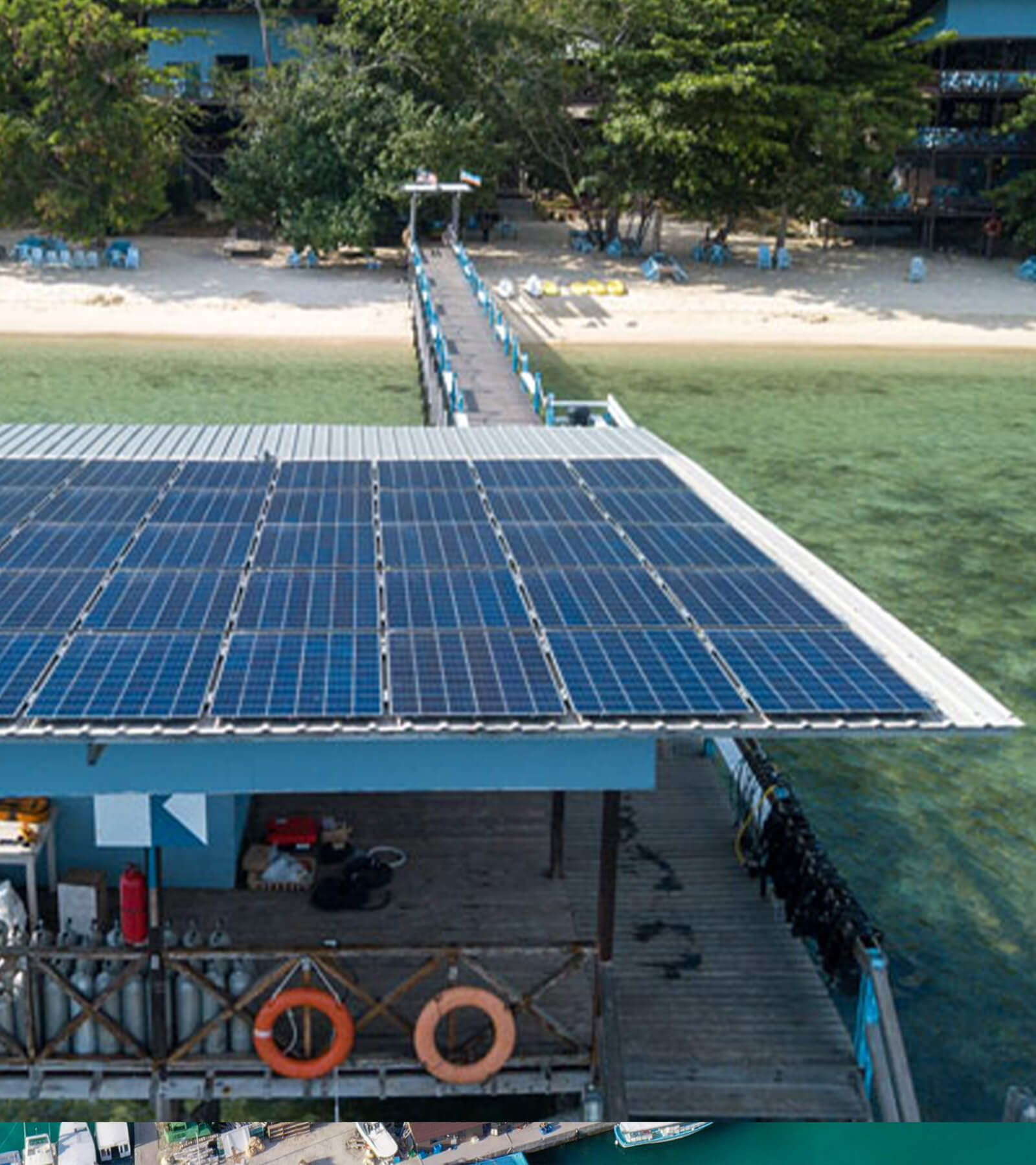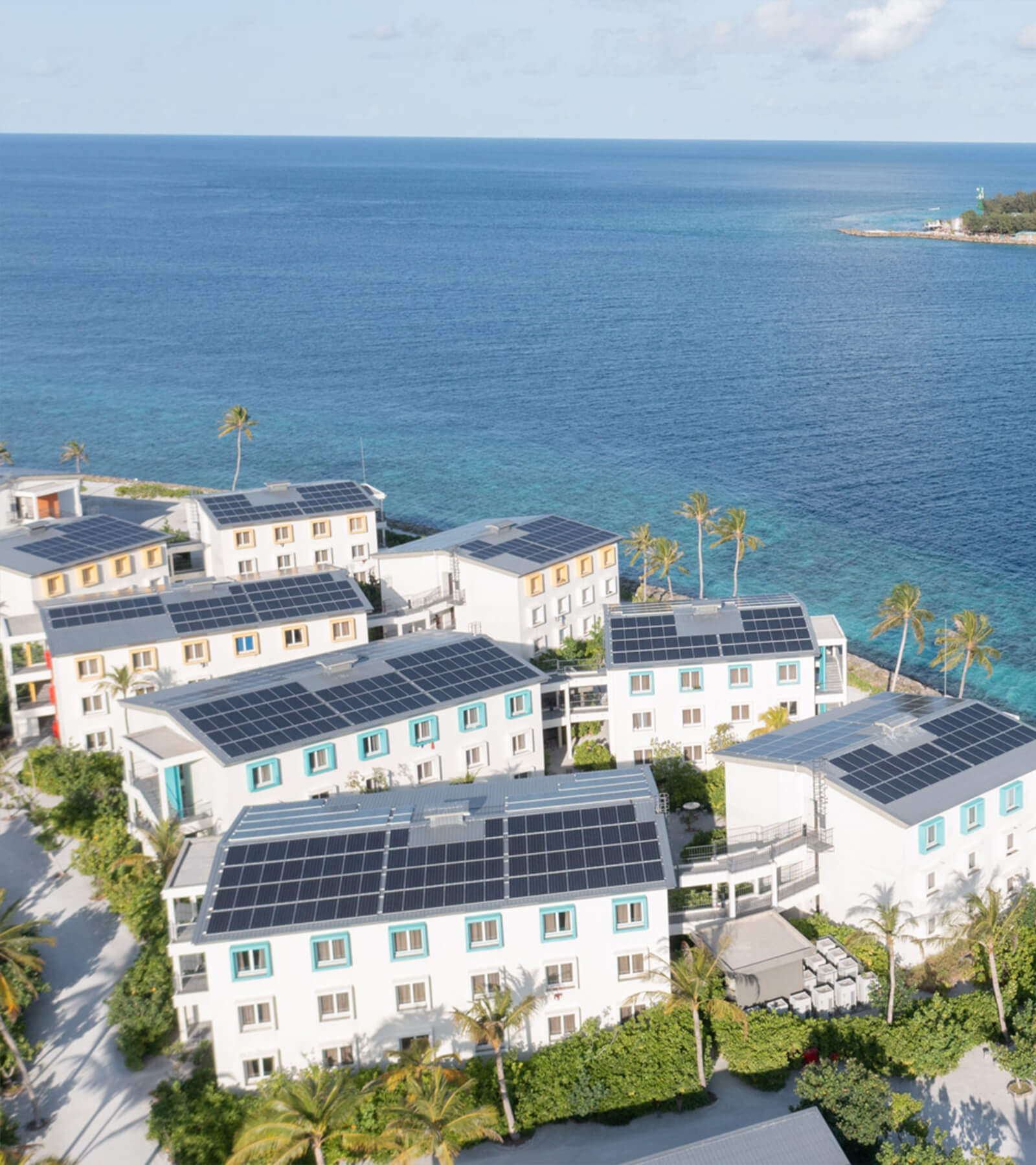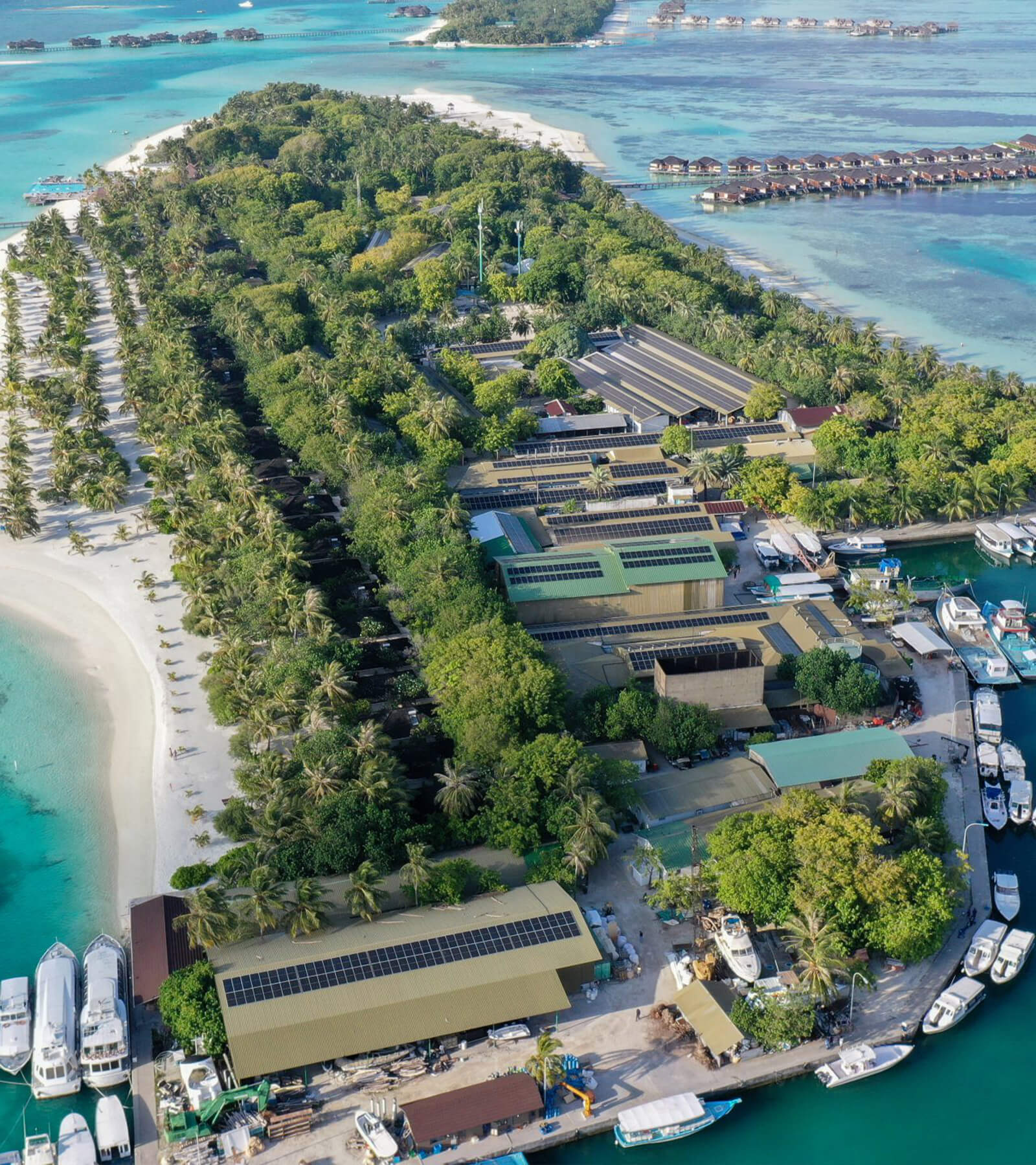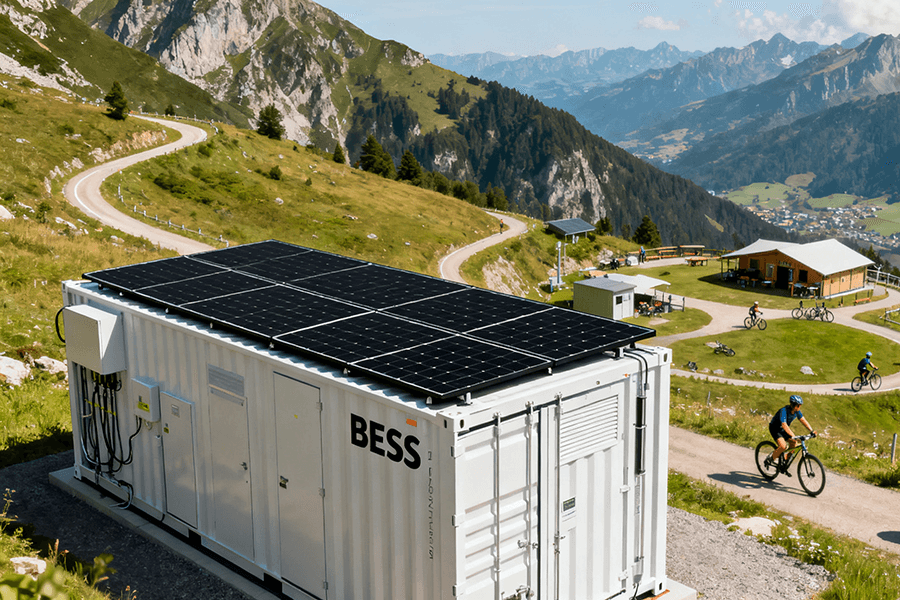
The Diesel Dilemma—Why Mountain Camps Need a Power Makeover
Let’s cut to the chase: European mountain biking camps are booming (thank you, post-pandemic outdoor fever), but their energy setups are stuck in the 90s. Here’s the data that’ll make camp owners wince:
- Scale: Over 250 dedicated mountain biking camps operate across the Alps, Pyrenees, and Scandinavian fjords, with bookings rising 4.75% annually in 2025 alone .
- Dependency: A staggering 85% of these camps lean on diesel generators—loud, finicky machines that sound like a lawnmower’s bad day .
- Cost of Failure: Generator breakdowns aren’t just annoying—they’re expensive. A single outage can cost €6,000+ weekly in canceled bookings, and major repairs hit (5,000–)20,000 . Imagine telling 30 cyclists their bikes can’t be fixed mid-trip—crickets (and angry Yelp reviews).
Enter BESS containers: Think of them as a generator’s cooler, smarter cousin. Compact, quiet (under 50 decibels—quieter than your campmate’s snoring), and maintenance-light, they’re built to handle mountain chaos. No more diesel fumes ruining the pine air. No more midnight panics when the grid goes dark. Let’s dive in.
BESS Containers: The Unsung Heroes of Camp Operations
BESS containers aren’t just “big batteries in boxes”—they’re the backbone of a smooth camp experience. Below’s how they save the day for riders and owners alike.
Bike Repair Stations: Keeping Riders Rolling (Literally)
A broken bike is a cyclist’s worst nightmare—especially when the repair station’s electric wrench dies. Electric tools (wrenches, tire inflators, diagnostic scanners) need steady power, and even a 1-hour outage can strand a group.
BESS containers eliminate that risk with instant backup (switching from grid to battery in <20 ms ). Take a Swiss Alps camp that installed a 200kWh BESS unit: During a 3-hour storm-induced grid outage, their repair station stayed open, fixing 40 bikes—from flat tires to bent derailleurs—and saving €4,500 in potential cancellations .
As one camp manager put it: “The BESS container is our new mechanic’s best friend. No more apologizing to guys who drove 6 hours to ride.”
Trail Lighting & Guest Perks: Happy Riders = Full Camps
Cyclists crave two things after a long ride: a cold drink and a charged phone. BESS containers deliver both—and more.
Consider an Austrian Tyrol camp that added an 180kWh BESS system. With reliable power, they installed:
- 12 fast-charging ports (top request in 90% of camp surveys).
- 5 LED trail light segments, extending evening rides by 3 hours.
The result? Bookings jumped 28% in 6 months. Riders loved the after-dark trails, and parents appreciated knowing their teens could charge phones for emergencies .
Table 1: BESS Impact on Camp Amenities & Bookings
|
Camp Location
|
BESS Capacity
|
New Amenities Added
|
Booking Growth
|
Estimated Annual Revenue Lift
|
|
Austrian Tyrol
|
180kWh
|
12 charging ports, 5 light segments
|
28%
|
€32,000
|
|
Swiss Alps
|
200kWh
|
24/7 repair station, 8 charging ports
|
19%
|
€22,500
|
|
Norwegian Fjords
|
200kWh
|
Café fridge, 10 charging ports
|
22%
|
€26,000
|
Going Green: BESS & the EU’s Sustainable Tourism Push
Mountain ecosystems (like France’s Emparis Plateau, a Natura 2000 site ) have strict emission rules to protect wildlife. Diesel generators? They’re public enemy #1—1 liter of diesel spits out 2.68kg of CO₂, equivalent to driving a car 8km . BESS containers? They’re eco-warriors in steel boxes.
Ditching Diesel: Certifications & Cost Savings
A French Pyrenees camp swapped two diesel generators (each consuming 800 liters/week) for BESS containers and saw 95% less diesel use within 3 months. The math speaks for itself:
- Pre-BESS: €1.80/liter × 800 liters/week × 52 weeks = €74,880/year in diesel costs
- Post-BESS: €3,744/year (minimal maintenance)
- Annual Savings: €71,136
The payoff? They earned the EU’s “Sustainable Adventure Camp” certification—catnip for eco-conscious riders—and qualified for €8,000 in green tourism grants .
No more hauling diesel up mountain roads (a logistical nightmare costing €300/week). No more fines for exceeding emission limits. Just clean, quiet power.
Solar-Wind-BESS: The Renewable Trifecta
BESS containers shine brightest when paired with solar panels and small wind turbines—perfect for sun-drenched alpine peaks and windy fjords. A Norwegian fjord camp built a 150kW solar-wind system with a 200kWh BESS container, running 70% on renewables .
The result? They landed a partnership with Trek’s sustainable travel program, hosting 5+ eco-groups annually (each bringing 20–30 riders, generating €15,000–€22,500 per group). As Trek’s program manager said: “We only work with camps that walk the green talk. BESS made this an easy yes.”
Why Maxbo Solar Is Your Camp’s Power Partner (From Someone Who Knows)
I’ve spent 8 years in renewable energy, and let me tell you: Not all BESS containers are created equal. At Maxbo Solar, we build our systems for mountains—because we know a camp in the Alps needs different gear than a warehouse in Berlin.
Maxbo’s BESS Containers: Built Tough (and Smart)
Our containers check every box for mountain biking camps:
- Alpine-Ready: Operate from -40°C to 50°C (no freezing batteries mid-winter!).
- Scalable Sizes: 200kWh (small camps) to 2MWh (resort-style sites)—we match your needs .
- Solar-Wind Friendly: Our hybrid inverters integrate seamlessly with renewables, so you can store sun/wind power for cloudy days.
- Fast Delivery: 14-day lead times for orders under 10,000 units—critical for peak season (May–September, when 70% of camp revenue is earned) .
We Speak Camp Owner
You don’t have time for tech jargon. We’ll help you:
- Calculate ROI (most clients save €12,000+/year on diesel and repairs).
- Navigate EU green grants (we’ve helped 12+ camps secure €5,000–€15,000 in funding).
- Train your team (30-minute virtual demos to master BESS controls).
Our last client—a Swedish Småland camp gearing up for MTBO Camp 2025 —cut energy costs by 65% in their first year and reported a 21% increase in repeat bookings (thanks to their “100% Renewable Power” badge).
Visit us at www.maxbo-solar.com to see our camp-specific systems. Trust me: Your mechanics, your riders, and the local wildlife will thank you.
Conclusion: The Future of Mountain Biking Camps Is Battery-Powered
BESS containers aren’t a “nice-to-have”—they’re a necessity. They fix the diesel dilemma, keep riders happy, and turn camps into eco-friendly destinations.
Here’s my prediction: By 2032, 75% of European mountain biking camps will ditch diesel generators for BESS containers. Why? Because eco-tourism isn’t a trend—it’s the future (EU data shows 68% of travelers prioritize sustainability when booking outdoor trips) . And when your camp is the one with 24/7 repairs, lit trails, and a “Sustainable” badge? You’ll be booked solid.
So what are you waiting for? Swap the generator growl for the sound of rolling tires. Your camp (and your bottom line) will never look back.

